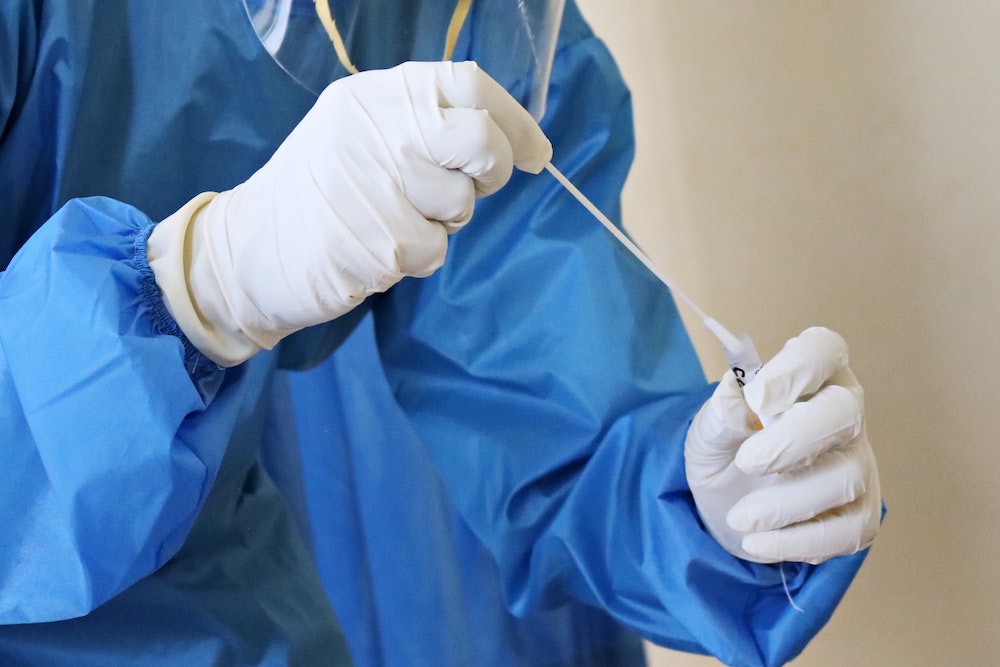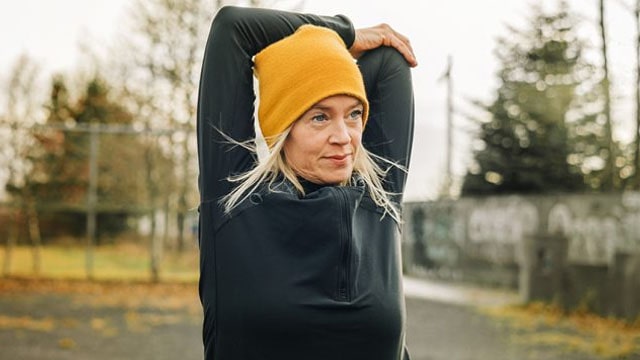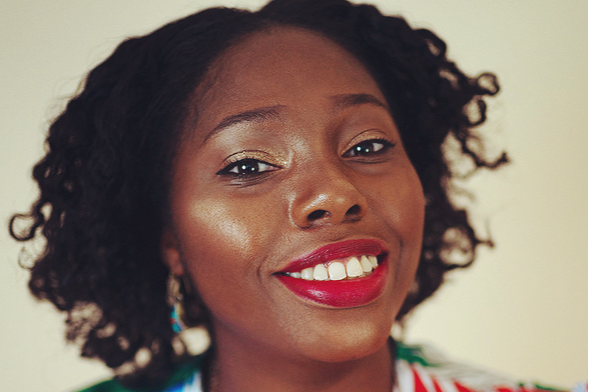Multiple reports suggest that people from ethnic minorities are at greater risk of being severely affected by or dying from coronavirus.
An analysis of coronavirus death rates by Public Health England (PHE) this week found that people of Chinese, Indian, Pakistani, Carribean and other black or Asian ethnicities had between a 10% and 50% higher risk of dying from coronavirus when compared to white British people.
People of Bangladeshi ethnicity had twice the risk of death, even after factors such as age, sex, deprivation and region had been taken into account.
The US shows a similar picture, with the US Centers for Disease Control and Prevention (CDC) highlighting a disproportionate level of illness and death among ethnic minorities, particularly black and Hispanic populations.
For example, a greater proportion of black Americans have been hospitalised with the virus -- with 1 study showing they made up 33% of patients, despite representing just 18% of that community.
Among healthcare workers, deaths have again disproportionately affected people from ethnic minority groups.
If you’re from an ethnic minority group you may be wondering why this is happening -- and more importantly, what you can do to protect yourself.
Why are people with an ethnic minority background at more risk?
Having an ethnic minority background is not thought to be the core reason why certain people have a higher risk of being seriously affected by coronavirus. In fact, there’s little evidence to currently suggest that genetics is involved.
But certain factors that are known to increase a person’s chance of catching coronavirus and developing severe disease, are more common among ethnic minority groups.
These factors include social deprivation and inequality, living in either urban areas, crowded environments or a house with several generations of your family, and having public jobs that involve direct contact with members of the public.
But these factors also include individual health concerns, such as low vitamin D levels or health conditions such as heart conditions, diabetes and obesity.
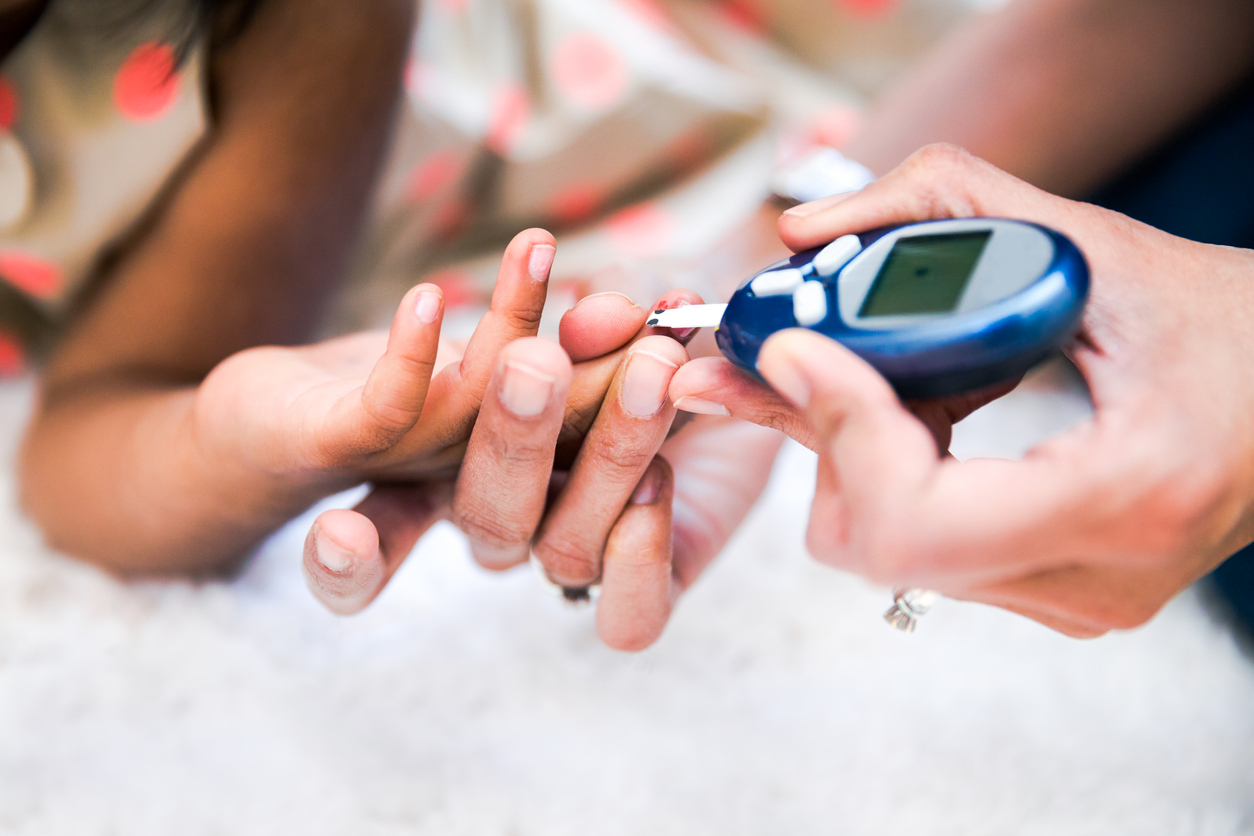
Do I count as a vulnerable group?
Your ethnicity alone doesn’t automatically mean that you count as vulnerable. But if you’re from an ethnic minority group and have a long-standing (chronic) health condition, you may be at more risk from coronavirus.
Such long-standing conditions include:
- heart disease
- high blood pressure
- diabetes
- obesity
Your likelihood is increased by the fact that these conditions are more common among ethnic minority groups, particularly if you have a south Asian, African or Carribean background.
What can I do to stay safe?
Should I take vitamin D supplements?
Some experts believe that vitamin D might play a role in preventing people from catching the virus or treating those with it.
Having low levels of vitamin D is already associated with other conditions, including respiratory infections, but it’s not clear whether it causes these conditions (at least in part) or develops from them.
Your body produces vitamin D when it’s exposed to sunlight, and people with darker skin produce it more slowly. So some experts believe this may be a reason why ethnic minorities are more affected by coronavirus.
As people have been staying home more lately, Public Health England recommends that people in the UK should take vitamin D supplements during the summer and autumn -- regardless of their skin colour.
But a recent study by researchers at the University of Oxford reviewed clinical studies on this and found no evidence that Vitamin D protects against coronavirus.
So for now, not enough is known about the true impact of vitamin D on coronavirus. But if you’ve been staying home more, taking supplements including vitamin D may help you stay in good general health.
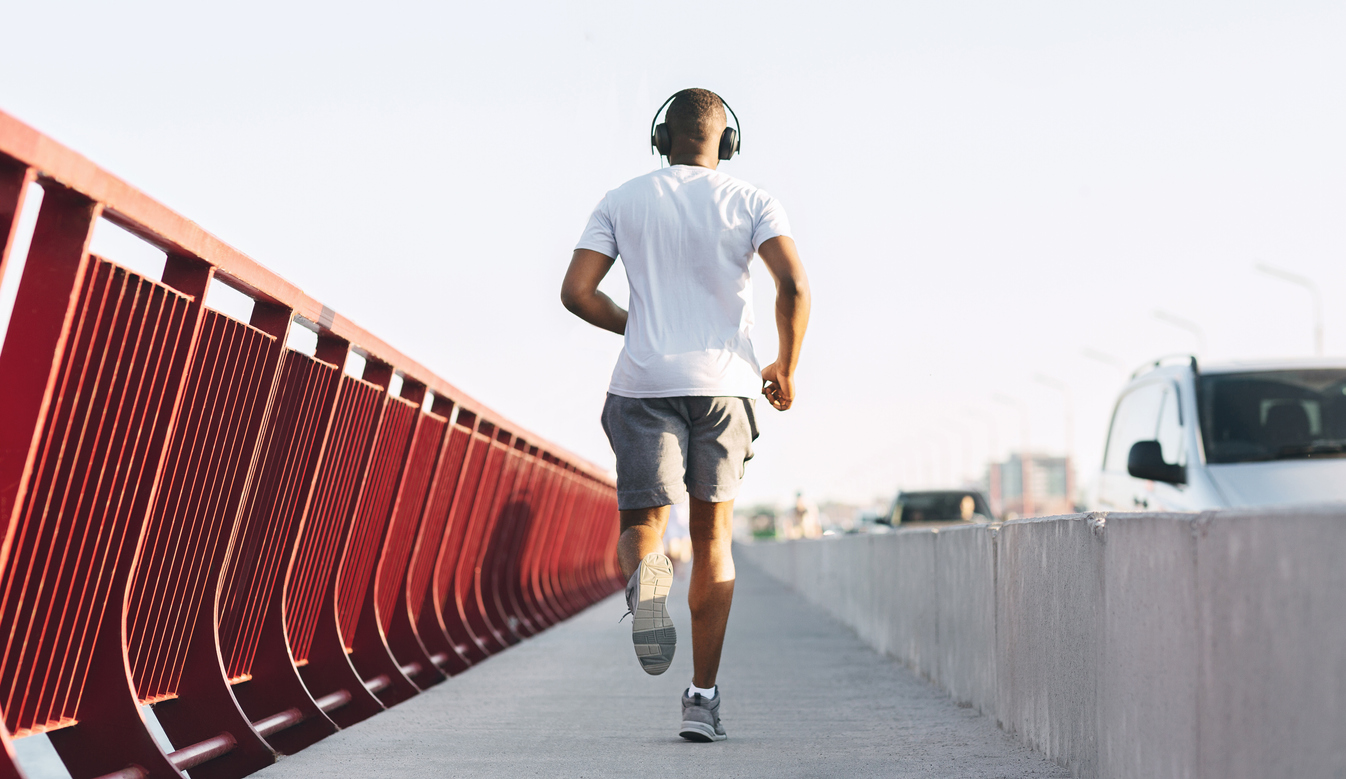
Should I shield myself and stay home?
The reasons why coronavirus deaths are higher among ethnic minorities are not fully understood, and more research is needed to find out.
However, being from an ethnic minority group is not a reason to shield yourself or continue to live under lockdown if local guidelines say it’s safe to move about more freely.
But it’s important to continue to protect yourself and others from the virus. This includes:
- keeping a distance of at least 2 metres from other people when you go out
- wearing a mask or cloth face covering if you visit an indoor space, such as a shop, bank, workplace or pharmacy
- avoiding public transport where possible
- wearing gloves when needed
- washing your hands regularly for 20 seconds
- looking after your physical health -- by staying active
- eating a healthy and balanced diet
- isolating anyone in your household who tests positive for the coronavirus, or has symptoms, and taking care to protect yourself at home
If you’re living with any of the chronic conditions listed above, it’s worth being extra vigilant with these prevention measures. This isn’t because you’re at greater risk of catching the virus, but as a person from an ethinic minority group, you may be at more risk of severe disease if you do get it.


